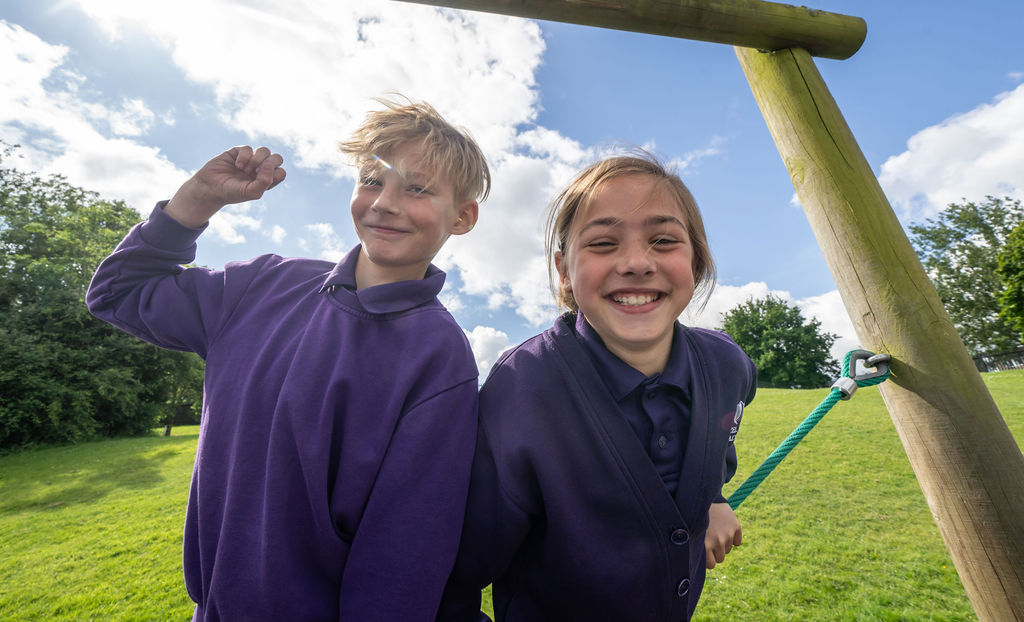Greenwood Academies Trust Curriculum Statement
GAT Primary Curriculum
Central to the curricula in our academies are the fundamental principles that a curriculum should be:
- of quality
- contextualised to reflect the community of the academy
- developing core transferable knowledge and skills
- securing progress in the core areas of reading, writing and mathematics
- broad and balanced
- meeting the expectations set out in the National Curriculum (2014)
- exciting and engaging
We made the decision as a Trust not to centralise our approach to a curriculum or the schemes of work that are used to deliver that curriculum across our Primary academies.
As we work across a diverse number of regions our academies have the autonomy to craft and shape a curriculum that meets the requirements of the National Curriculum 2014 and the context of the community it serves. We ensure that it is fit for purpose through our quality assurance processes and annual academy performance review.
We encourage our academies, their leaders and teachers to be innovative and forward thinking in their approach to planning a purposeful curriculum. In order to achieve this we expect our academies to continually review the effectiveness of their curriculum.


